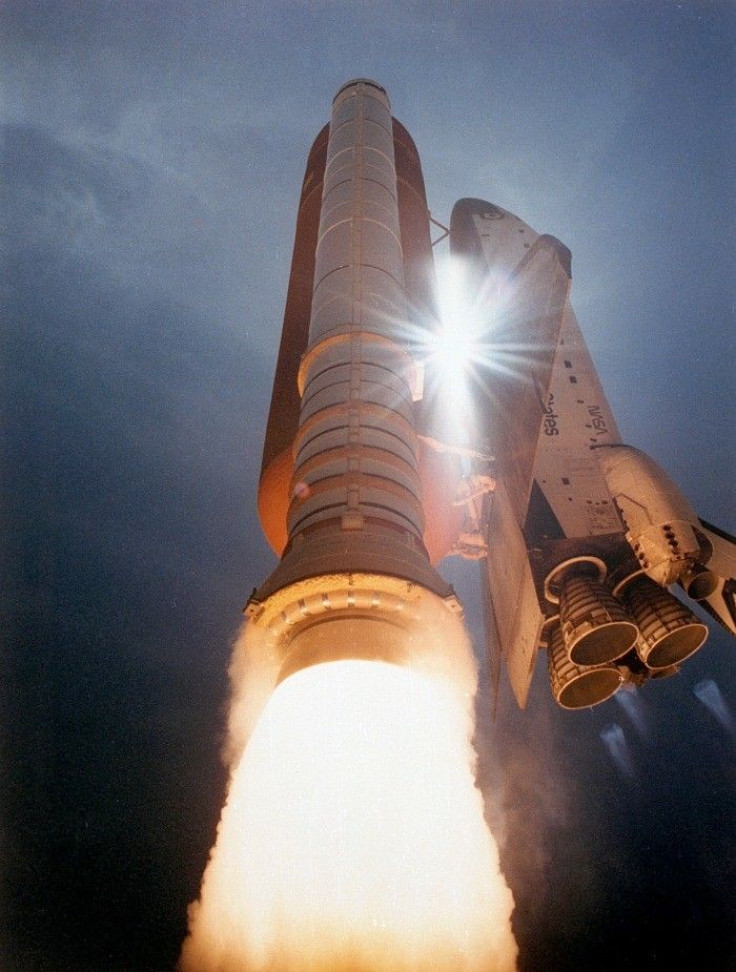Space Shuttle Launch On Friday Looking Less Likely

The space shuttle Atlantis is supposed to take off on Friday, marking the beginning of the end of the space shuttle program.
However, it may not actually happen on time if Mother Nature has anything to say about it. According to NASA Space Shuttle Weather Officer Kathy Winters, there is a 30 percent chance of favorable weather the day of the launch. NASA says there is a strong chance showers and thunderstorms as well as flight through precipitation, and cumulus clouds to spoil the day.
The problem is a tropical wave that is headed for the Sunshine State.
We have a tropical wave that's out in the Caribbean. That wave is actually going to come into Florida along with a lot of tropical moisture that's down to the south, and it's all going to roll into Florida in the next couple of days, Winters said.
Other than possible weather concerns, NASA seems to be ready to send Atlantis off into space for the final time. The agency's Mission Management Team chair Mike Moses said the actual vehicle is in fantastic shape. He said the weather will be a game-time decision for NASA.
Before we go load the propellants into the tank we'll take a look at the weather and make sure it's really a good day to try that, and so at that point we'll be making a decision, Moses said.
Atlantis will be the final shuttle to be launched into space, starting on July 8. Following its 12-days in space, the ship will land back in NASA's Kennedy Space Center and retire into a museum along with three other shuttles. If there are no delays then that will be the day the space shuttle program dies.
NASA, however, is adamant that the space agency and its space exploration goals will not cease at the end of the space shuttle program. The company has laid out several plans for the future of space exploration under its direction.
As a former astronaut and the current NASA Administrator, I'm here to tell you that American leadership in space will continue for at least the next half-century because we have laid the foundation for success and failure is not an option, Charles Bodden, NASA's Administrator, said in a recent speech.
The space agency is working on designing and building new space modules, which will send astronauts to asteroids, back to the moon and even on Mars. NASA has a goal of sending a man to Mars by the 2030s.
We will soon announce the design for the heavy-lift Space Launch System that will carry us out of low Earth orbit. We are developing the technologies we will need for human exploration of the solar system, including solar electric propulsion, refueling depots in orbit, radiation protection and high-reliability life support systems, the space agency said recently on its website.
Follow Gabriel Perna on Twitter at @GabrielSPerna
© Copyright IBTimes 2024. All rights reserved.











